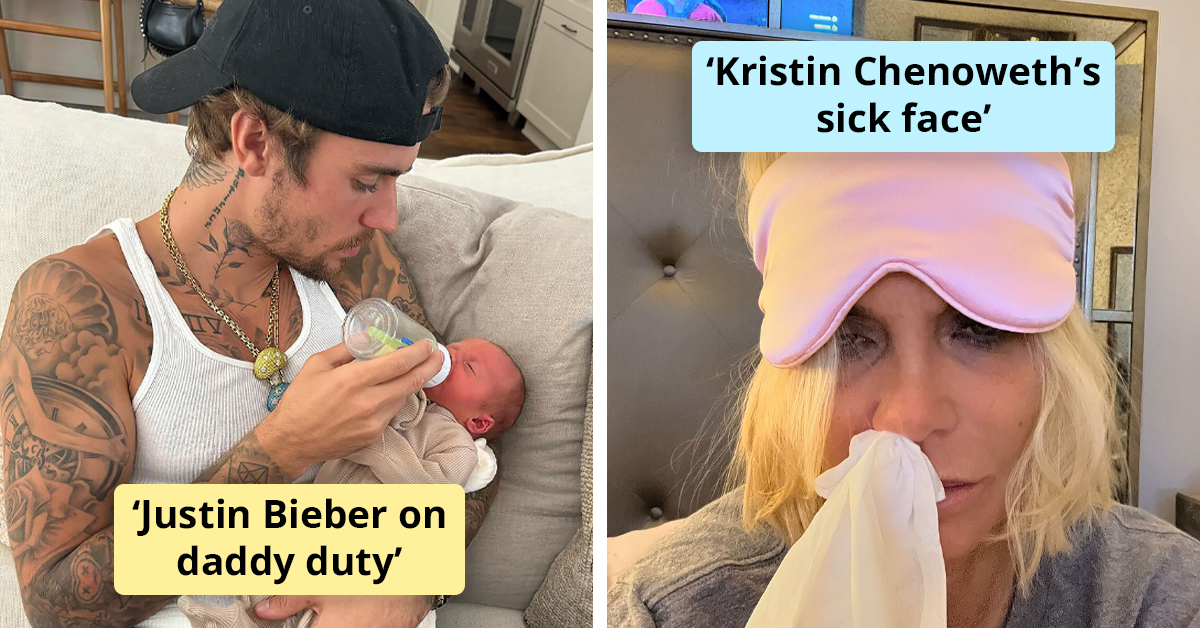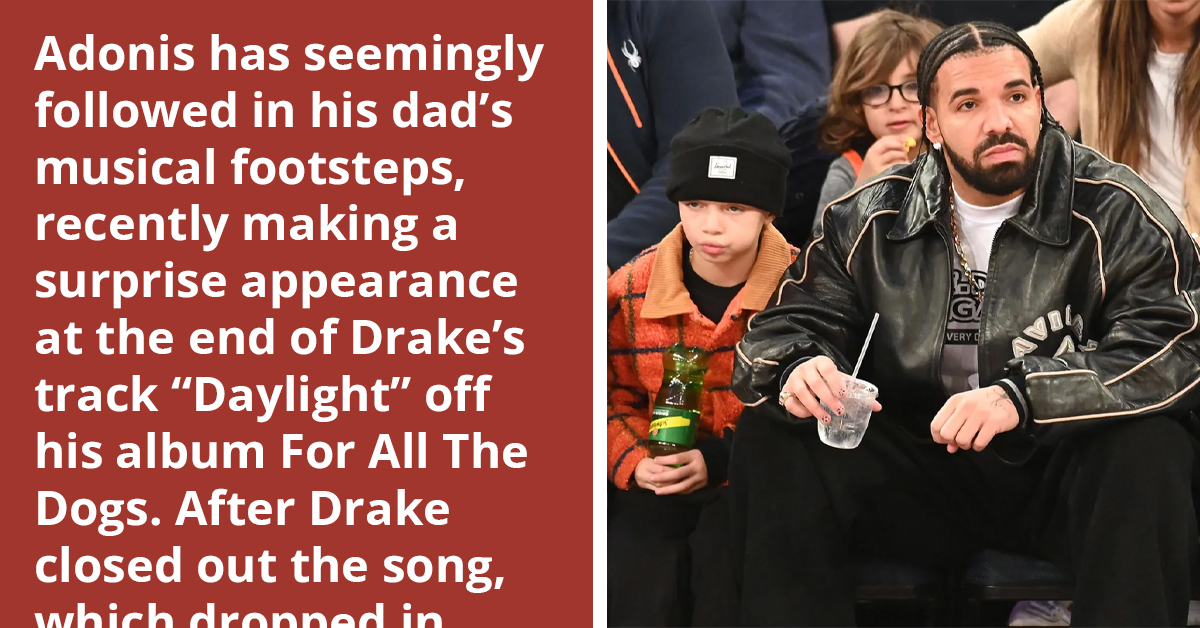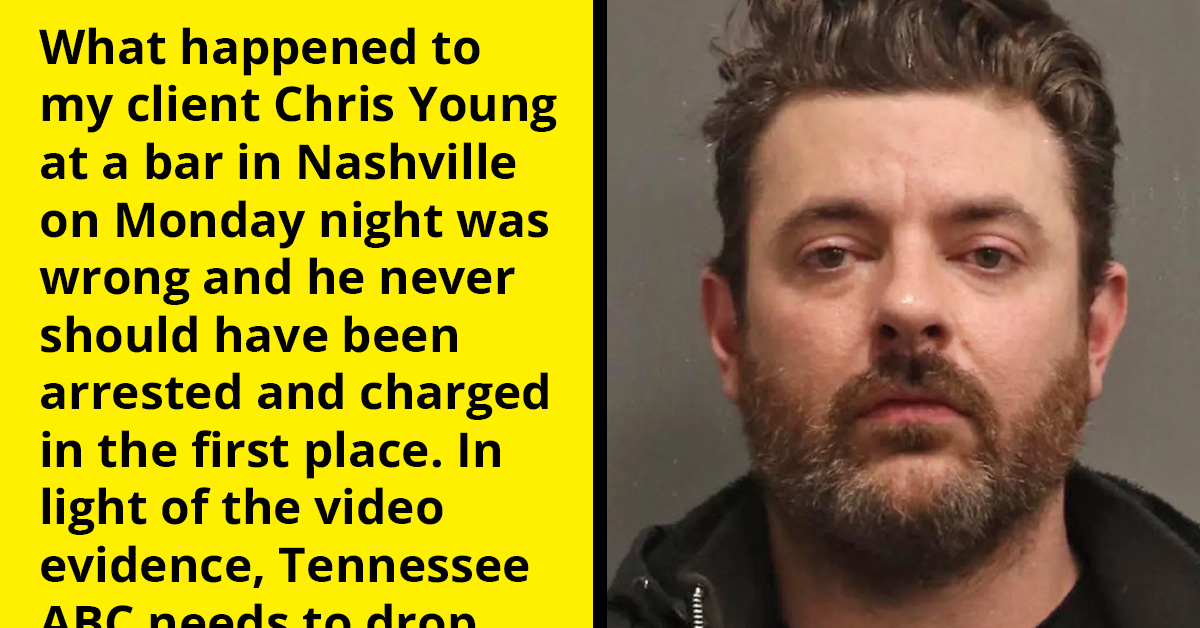New Mom Halle Bailey Responds To Fan's Tweet That She Lied And Gaslit Fans About Her Pregnancy
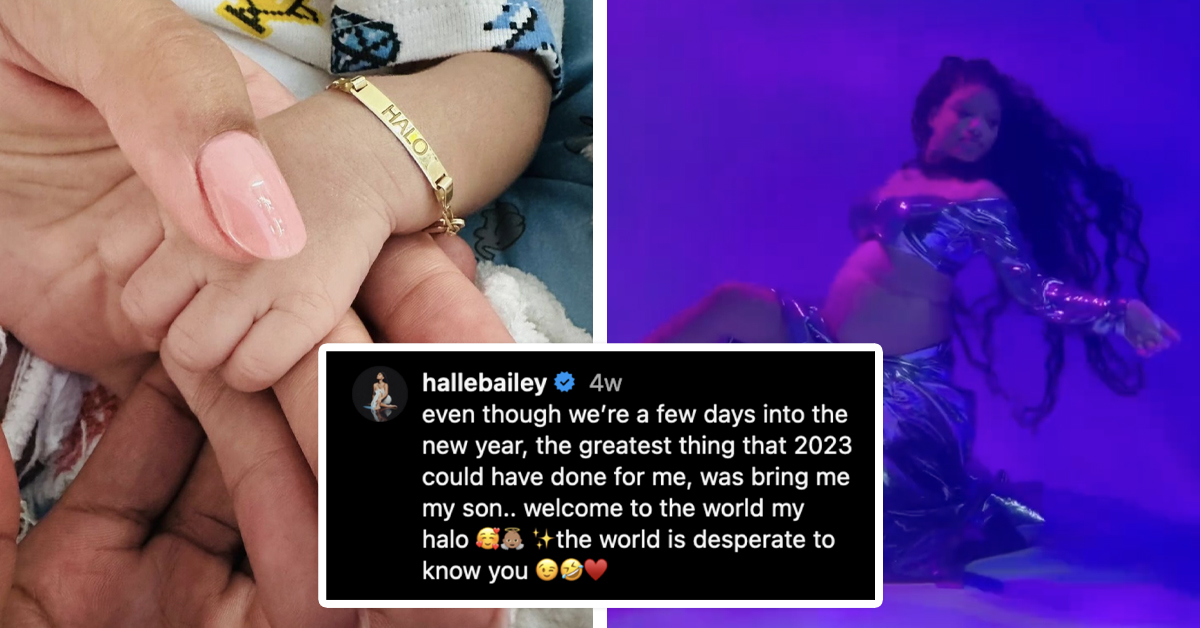
An ongoing debate about the U.S. Healthcare system gets heated up again after one American went to Taiwan hospital and paid a fraction of what it would cost in the U.S.
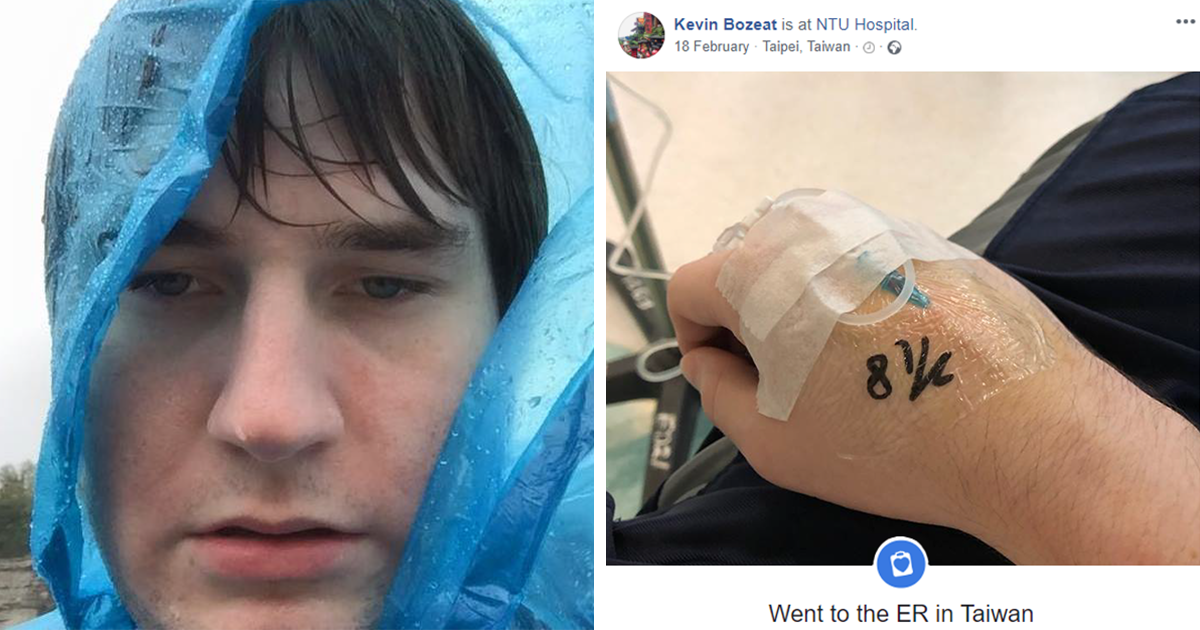
No one wants to get sick, but sometimes we do, and if we don’t have the best possible (most expensive) health insurance it makes the whole experience 100 times worse.
Kevin Bozeat, a 25-year-old student got sick while in Taiwan. He had a lapsed U.S. health insurance and didn’t have Taiwan healthcare insurance. You would expect him to die at the hospital door or pay the bills until the end of his life. And I bet he was thinking about both possibilities while they’ve rushed him to the ER with vomiting and severe stomach pains.
“The last thing I ate before getting sick was KFC, but I don’t think that was it because I got sick less than an hour after eating. The incubation period was too fast, Kevin remembers. “Rather, I ate some roast duck at a night market the night before. I think that was the culprit.”
 Kevin Bozeat
Kevin BozeatThe service was swift, professional and complete; IV fluids, blood tests, and an ultrasound to check for gallstones. The doctors diagnosed him with a stomach virus, gave him some prescription medicine and said he can go home.
 Kevin Bozeat
Kevin BozeatAfter he found out that he will be fine, he started to think about the hospital bill. He was aware that this treatment would cost a couple of thousands of dollars. So, he waited for the bill. How much will it be? “Eighty. American. Dollars,” he wrote. “Out of pocket. Full cost. No discounts. No insurance. At one of the best hospitals in Taiwan.”
 Kevin Bozeat
Kevin Bozeat Kevin Bozeat
Kevin Bozeat Kevin Bozeat
Kevin Bozeat Kevin Bozeat
Kevin Bozeat Kevin Bozeat
Kevin Bozeat Kevin Bozeat
Kevin Bozeat Kevin Bozeat
Kevin Bozeat Wikipedia
WikipediaKevin’s post has reached over 200k shares on Facebook and has sparked again the long-running debate about the immorally coldhearted healthcare system in the U.S. Unsurprisingly, there were some people who endure in working against their own interests and spend their days in continuous fear of the term ‘socialized,’ so Kevin shared an update that clarified a few points and described the Taiwan way of doing things.
“Some were skeptical about the price,” he said, “one person thought this was in Thailand, a few made excuses to bash Taiwan’s health system despite them knowing nothing about it. So I thought I would clarify a few things:
1: Yes, Taiwan has a noticeably cheaper cost of living than the US, healthcare included. However, Taiwan isn’t that cheap. There are places in Southeast Asia, Latin America, Africa, and Eastern Europe that are significantly cheaper than Taiwan.”
“2: Taiwan is not a poor country by any measure. Its GDP per capita is higher than Denmark, Austria, and Canada.”
“3: Yes, doctors make less here, but it’s still considered a respected middle-class profession. And there seems to be no shortage of them.”
“4: Some people argued that exchange rates mean US$80 is a fortune for a Taiwanese person. No, you just have a poor understanding of numismatics. The exchange rate has nothing to do with the overall cost. Just because $1 Taiwan dollar is US 3¢ doesn’t mean I can live large here. $50 Taiwan dollars won’t even buy you a Big Mac.”
Some people argued that Taiwan has high taxes, so the citizens pay the healthcare through them.
“5: Yes, taxes pay for the healthcare here. No, they are not high. Try for yourself: The formula for the NHI monthly premium contribution for a single employed adult is [your monthly income] x 0.0469 (4.69%) x 0.3 (30%) = Your monthly out-of-pocket healthcare premium.”
“6: It’s not perfect. Not everything is 100% covered. I had a good experience, but I’m sure many people have had [non-financial] medical horror stories here.
“7: This system exists because the Taiwanese government believes that healthcare is a right for all of its citizens, rather than a privilege for those who can afford it. Those aren’t my words, that’s what the Ministry of Health said in its English language brochure. Every Taiwanese citizen and foreign permanent resident is entitled to, and required to enroll in the National Health Insurance Program (NHI). Everyone is covered, regardless of employment status, no one is uninsured, no one ever goes bankrupt due to medical bills. I have yet to meet a Taiwanese person who wasn’t satisfied with, or even outright proud of their healthcare system. My expat friends praise it, even those from countries with universal healthcare systems of their own.”
Kevin made some really good points. In the U.S., universal healthcare is a heavily politicized topic. One that is distorted by many lobbies and special interests that benefit from this inhumane system. As usual, it is the small guy that suffers the consequences of greed.
“Taiwan is less wealthy than the US, yet it spends less and gets more out of its healthcare system,” he summarizes. “We see the same story repeat itself in every other developed nation. This debate is all so tiresome because there is no debate. Universal healthcare works, it can be done here, it can be done in any country with sufficient resources. All we need is political will and an implementation plan.”
“Pardon my French but, America, get your head out of your ass, and stop making excuses.”
 Kevin Bozeat
Kevin Bozeat Kevin Bozeat
Kevin Bozeat
 Kevin Bozeat
Kevin Bozeat
 Kevin Bozeat
Kevin Bozeat
 Kevin Bozeat
Kevin Bozeat
 Kevin Bozeat
Kevin Bozeat
 Kevin Bozeat
Kevin Bozeat
 Kevin Bozeat
Kevin Bozeat
 Kevin Bozeat
Kevin Bozeat
 Kevin Bozeat
Kevin Bozeat
Kevin speaks of a bad part of the American system, one which confuses foreigners and puts many Americans in a kind of patriotic denial. “I think Americans tend to live in a bubble of sorts, many don’t know how things work in the rest of the world (I think only 36% of us own passports),” he later added.
“Special interests exaggerate the negatives of universal healthcare and never mention the benefits, its always about taxes and wait times, never about outcomes.”
“Sadly, many Americans believe them because they have never been to be exposed to different perspectives. My story is small, but I got tons of messages from other Americans who got sick abroad and were pleasantly surprised at the care they received.”
“I definitely think the conversation is changing though, people are opening their eyes. They’re fed up. Many presidential candidates are making universal healthcare part of their campaign promises.”
“However, I don’t have confidence that the political will exists to implement it, or that it can be done well.”
How do you feel about the healthcare system?


